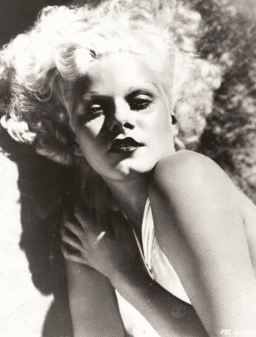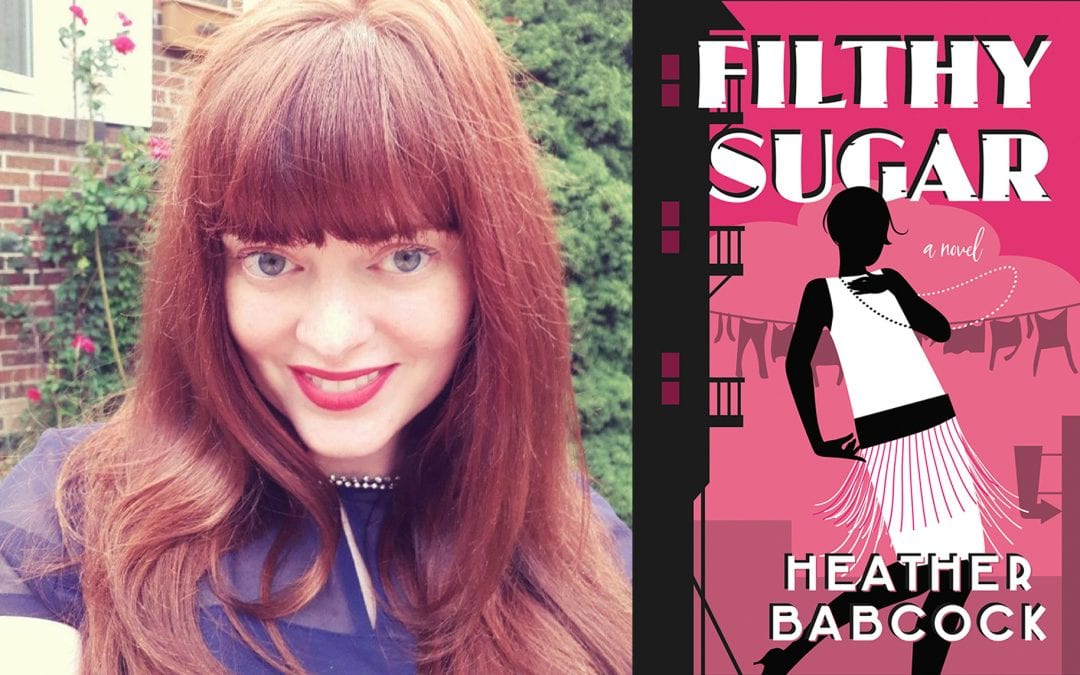Every Wednesday evening as a child, my mother would force me into an itchy, ugly brown polyester dress and thick woolen stockings and take me – kicking and screaming – to the local community center for my weekly Brownies meeting (for those not in the know, Brownies are a version of Girl Guides for younger girls). I’d spend an hour with a bunch of seven-year-old frenemies, sitting around a musty smelling stuffed owl as we recited the group’s “motto, promise and law”. Our most important pledge was to “always put others before” ourselves. I remember being puzzled by this – why were other people’s needs so much more important than mine? Didn’t I matter too? Nonetheless, I took the promise to heart. As a girl, I learned this made life easier. As a woman, I learned this only made life easier for everyone else.
No wonder as a teenager I always gravitated toward “the feisty ones”: the girls in the tight clothes; the ones who wore too much make-up; the girls who gave out plenty of cut-eye but never minced their words.
Girls like Jean Harlow.
Platinum blonde and braless, Harlow’s first major movie role was as Helen, the seemingly heartless vamp who comes between two brothers in Howard Hughes WW1 epic Hell’s Angels (1930). Although critics scoffed at her performance, Harlow not only proved herself to be one of the few stars who could actually look good in early two-strip Technicolor, she also made movie history with her utterance of the now infamous line “Would you be shocked if I put on something more comfortable?” A testament to Harlow’s on-screen sex appeal, audiences would remember the line incorrectly as the much saucier “Would you mind if I slipped into something more comfortable?”

(File:Jean Harlow by George Hurrell 1933.png Wikimedia Commons)
At a time when just the hint of impropriety could “ruin” a girl, Harlow’s onscreen personae of a sexually liberated and yes, selfish woman was an act of rebellion. As she sashayed across movie screens in low-cut skintight dresses sans underwear, police officers trolled North American beaches to enforce women’s bathing-suit laws: often using a wooden ruler, an officer would measure the distance of bare flesh between the bottom of a woman’s bathing costume and her kneecap. Sunbathers who were determined to be showing too much thigh were promptly booted off the beach, arrested or both. It is therefore no wonder that sexy Hollywood bombshells such as Harlow and Mae West – brassy, mouthy dames – appealed more to women than they did to men. The studio moguls knew this too, which is why Harlow was often cast in gangster movies. Her name above the film’s title guaranteed that women would buy tickets to what was commonly considered a male genre.
Although her critics were loath to admit it, Harlow was more than just a sexy blonde: this beauty had plenty of brains. A self-professed bookworm with a vivid imagination, Harlow wrote a novel, Today is Tonight, in the mid-1930s. The book was published posthumously in 1965.
“My God,” Harlow once asked, “must I always wear a low-cut dress to be important?” Tired of playing gang molls, Harlow worked diligently at her craft and proved herself to be a talented comedian in films such as Redheaded Woman (1932) and Dinner at Eight (1933), the latter in which she held her own against the Barrymore brothers, while matching wits with grand dame Marie Dressler.
Jean Harlow has a great influence on Wanda Wiggles, the protagonist of my historical fiction novel Filthy Sugar. Wanda lives in a crowded rooming house behind the city’s marketplace; a world where “death is always close but life is stubborn”; where rats live inside the walls and “little vampires” make their homes under mattresses. Like many impoverished and working-class young women of her time, Wanda finds escape and inspiration in the “flickers”, particularly the films of Greta Garbo and Jean Harlow. Modeling herself on Harlow’s feisty “redheaded woman”, she carves out a new path for herself: one of adventure, sexual fulfillment and autonomy.
With the enforcement of the amended Motion Picture Production Code “to govern the making of motion and talking pictures” in July of 1934, Harlow underwent a Taming of the Shrew-like transformation. As a response to the Code’s strict moral guidelines, her skirts became longer, her make-up lighter and she began wearing a bra (on-screen anyway). Her platinum blonde hair was darkened to a shade dubbed by her studio, MGM, as “brownette”. Once known for playing gun-toting, foul mouthed dangerous dames, Harlow now portrayed sweet “nice girls” who longed for love and marriage. The gold digger had grown a heart of gold. MGM quickly renamed the title of her first Code-era film from Born to Be Kissed to the more innocent The Girl from Missouri (1934).
Unlike her sex-bomb contemporaries Mae West and the animated Betty Boop, who also had their on-screen personas squeaky-cleaned up, Harlow was able to weather the Code and continued to pull in box office revenue with hits such as Wife vs. Secretary (1936) and Libeled Lady (1936), the latter nominated for the 1937 Academy Award for Best Picture. Sadly, the woman who shaped the fashion and beauty trends of the 1930s would not live to see the decade’s end: Jean Harlow died of kidney failure on June 7th, 1937. She was 26 years old.
“I wanna be free! I wanna be gay and have fun! Life’s short,” Harlow exclaims in Hell’s Angels. “I wanna live while I’m alive!”
Now that’s my kind of pledge.
Heather Babcock is an aficionado of Jean Harlow and pre-Code Hollywood films. She has had short fiction published in various literary journals and anthologies including Descant Magazine, Front & Centre Magazine, The Toronto Quarterly, and in the collection GULCH: An Assemblage of Poetry and Prose (2009). Her chapbook, Of Being Underground and Moving Backwards, was published in 2015. She has performed at many reading series including Lizzie Violet’s Cabaret Noir, Hot Sauced Words and thePlasticine Poetry series and is a co-founder of The Redhead Revue and I Got You Babe: An Evening of Music and Poetry. Filthy Sugar is her debut novel. She lives and works in Toronto. www.heatherrosebabcock.tumblr.com


She died at age 26! Such a shame. So much of what she was trying to achieve in Hollywood is only now being addressed by other actors, who want to be actors not arm candy.
I really enjoyed reading your article, Ms. Babcock!!! I loved how you explained how Jean Harlow meant to you. She means a lot to me too, many of the same reasons you mentioned. In fact, I am writing a play this year, of which, I am dedicating to Jean. I am glad to hear of another fan. Thank you again for such a very interesting and also informative article!!! 🙂
I loved every word!